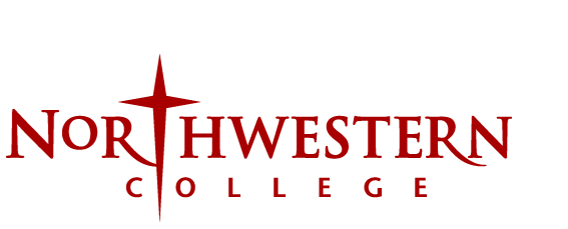Document Type
Article
Publication Date
Summer 2022
Abstract
Learning discrepancies are difficult for students to recover from. In earlier years, rote memorization, drill-and-practice, and whole-group instruction have proven little success. Students continually lack proficiency and have minimal gain year after year. More recently, small groups and interventions have made improvements on student proficiency, but they still struggle to increase overall student achievement. Research suggests learning progressions as a dynamic, individualized approach to increase not only academic achievement, but also depth of knowledge and student efficacy. Learning progressions allow for flexibility in levels of learning, the content taught, and how a student grasps information. Then learning progressions promote rigorous and relevant programs for students. Educators who accurately diagnose student needs, build corresponding learning progressions, develop a matching curriculum, and deliver the instruction with appropriate use of formative assessments will increase their students’ achievement and make a positive impact on the educational system.

